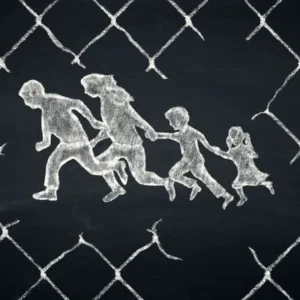The international training held in Madrid from 2 to 4 September 2025 brought together government experts and policy leaders from across Europe, the Americas, and Asia to address discrimination and inequality in the workplace, particularly concerning LGTBIQ+ rights. Representatives from 13 countries, including officials from Ministries of Labour and diversity promotion agencies, engaged in in-depth discussions on strengthening public policies for gender equality and inclusion through institutional frameworks.
Organized and facilitated by the International Training Centre of the International Labour Organization (ILO) in Turin, the event served as a collaborative platform to exchange experiences, share successful policy models, and develop actionable roadmaps. The training was promoted and funded by Spain’s Ministry of Labour and Social Economy.
In her opening remarks, Yolanda Díaz, Spain’s Second Deputy Prime Minister and Minister of Labour and Social Economy, emphasized that rights related to migration, gender, and sexual freedom are core human rights. She highlighted Spain’s recent tripartite agreement involving trade unions and employers to promote equality and non-discrimination for LGTBIQ+ individuals in workplaces, underscoring the role of collective bargaining and legislative measures in advancing these goals.
Félix Peinado, Director of the ILO Office for Spain, reiterated the importance of workplace inclusion for LGTBIQ+ individuals, framing it as essential for fostering social cohesion, productivity, and sustainability. He emphasized the ILO’s global commitment to combat discrimination, referencing key international instruments such as ILO Conventions No. 111 and No. 190, which address employment discrimination and workplace violence, respectively. He also cited the 2021 ILO resolution identifying discrimination as a major driver of global inequality.
The training welcomed participants from a diverse set of countries, including Belgium, Brazil, Colombia, Costa Rica, Croatia, Cuba, Estonia, Iceland, Nepal, the Republic of Korea, Thailand, Uruguay, and Spain, highlighting a broad international commitment to improving workplace equality and eliminating discrimination against LGTBIQ+ individuals.







